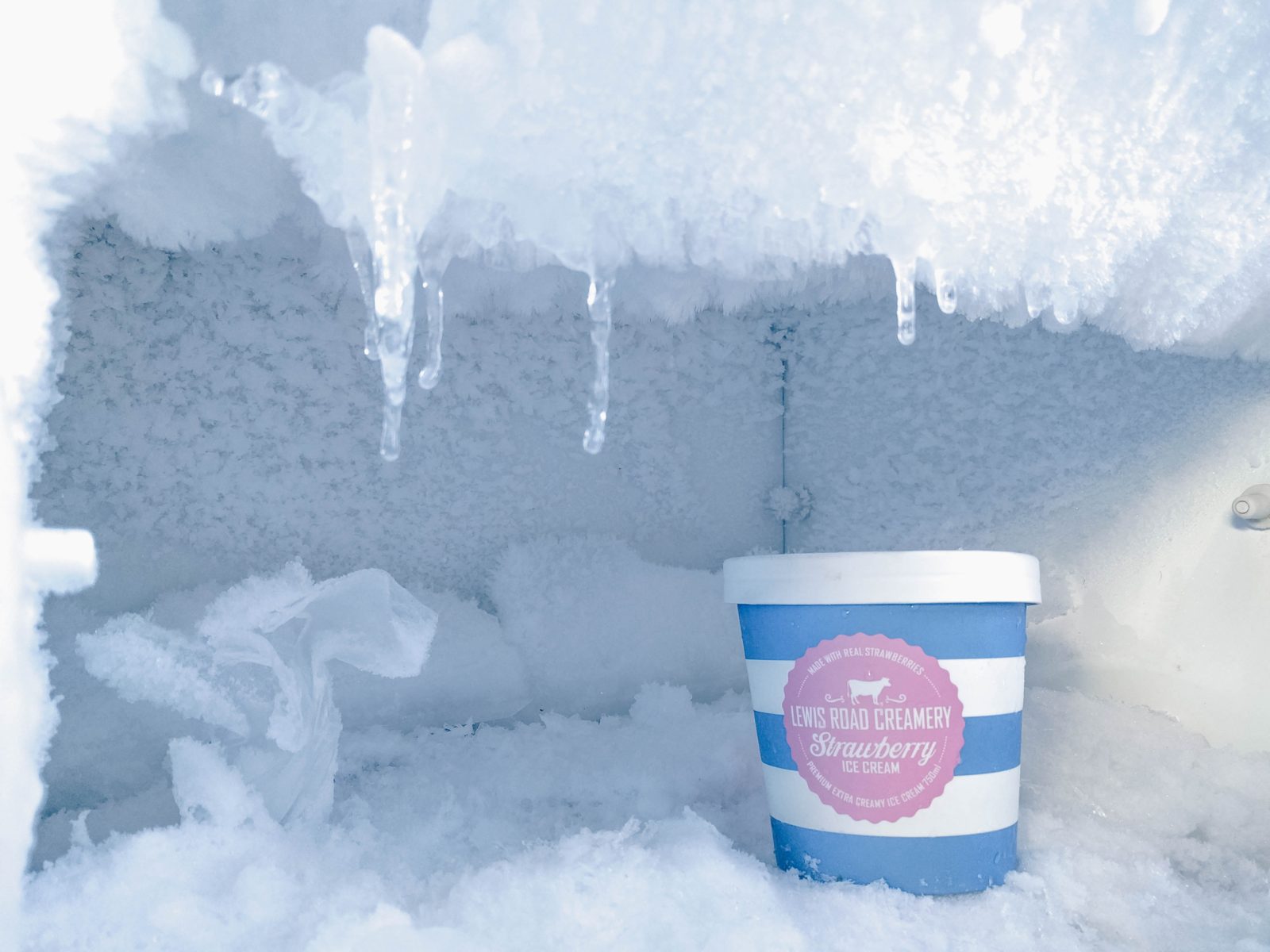Findings have proven that over one-third of the food produced all over the globe get wasted on a yearly basis by consumers. While this comes with a huge capital loss for individual homes, it also cost the earth a ton of carbon.
Here are some ways you can reduce food wastage without eating food devoid of nutrients. One major way you can preserve your cooked or leftover foods is by using a refrigerator in your kitchen.
What Foods Can You Freeze?
Surprisingly, not so many people understand that some foods cannot be frozen. It is important to note that freezing does not remove bacteria from food, it inactivates them, so don’t leave foods till near-spoil state before refrigerating it.
- Before attempting to store any leftover food, allow them to fast-cool and always eat stored leftover foods within two days of storage.
- Do not keep tin cans that have been opened in the freezer because of will taste metallic.
- Always keep food in a covered air-tight container before refrigeration.
- Cooked rice or any pasta, nuts, flour, butter, cheese, bread, herbs, stock, wines, eggs, meat, papaw, and banana are safe to be kept in a freezer. This list isn’t exhaustive though.
Foods you should not keep in the freezer
- Milk: Milk should not be kept in the freezer because clogs once it melts.
- Deep-fried food is yet another food that shouldn’t be frozen because after it melts, the crispy surface becomes soggy.
- Sour cream is good for cooking but does scatter upon defrosting when we keep it in the freezer, so it shouldn’t be frozen.
- Similarly, crumb toppings tend to collapse and become mushy when refrigerated and left to thaw.
Packaging Cooked and Leftovers Before Freezing
Use freezer bags and not storage bags to keep food in the freezer. Freezer bags are way thicker and will maintain the fresh food for a longer period. It also increases the rate of freezing and slows down thawing of frozen foods.
